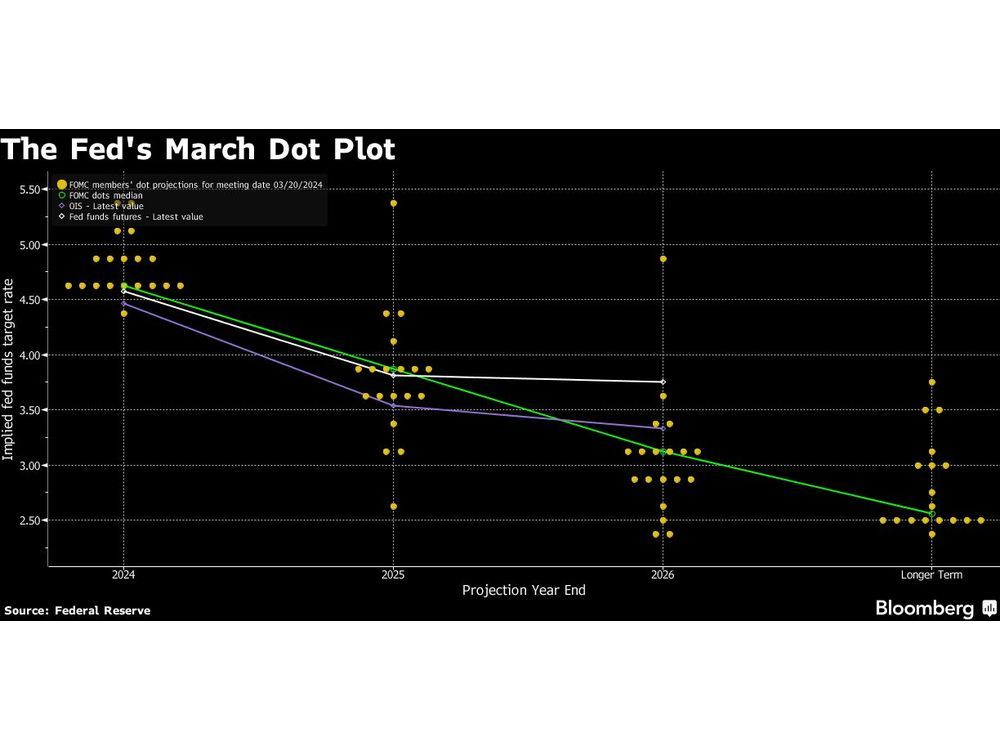Follow us on LinkedIn
Econometrics and statistics have common overlapping areas that some people may find confusing. While both of these fields deal with statistics and the relationship between data, they are different. Before learning how these two differ from each other, it is crucial to understand what they are.
What is Econometrics?
The term econometrics is a combination of two words, “econ” and “metrics”. “Econ” refers to economics, social science that studies the production, distribution, and consumption of goods and services. “Metrics” means a system or standard of measurement. Econometrics is a field within economics that involves the quantification of economic data.
Econometrics uses statistical and mathematical models to analyze economic theories. This process has a crucial application within economics. Similarly, through econometrics, analysts can test and develop economic theories. They can also use the information in predictive modeling. For example, analysts can create time series models using the application of econometrics.
Econometrics includes three primary areas. These include mathematics, statistics, and economic theory. However, econometrics is not the same as mathematical science, economic statistics, or general economic theory. Instead, it combines all of these to help analysts understand the quantitative relations in modern economic life.
What is Statistics?
Statistics is a much broader concept compared to econometrics. It is the branch of applied mathematics that involves collecting, reviewing, analyzing, and inferring conclusions from quantitative data. The application of statistics is prevalent in almost every field, particularly scientific. This field generally focuses on two areas, uncertainty and variation.
The primary objective of applying statistics is to draw a conclusion about a large number of events based on observable characteristics of small samples. There are two significant areas within statistics, known as descriptive and inferential statistics. Descriptive statistics involves describing the properties and sample and population data. Inferential statistics, on the other hand, deals with testing theories and reaching conclusions.
There are several tools within statistics that statisticians use. These may include variance, skewness, kurtosis, analysis of variance, null hypothesis testing, etc. Some of these tools may also have application in econometrics, such as regression analysis. Apart from other fields, economists also use statistics to collect, review and analyze data. Based on this information, they can draw conclusions, which is also a part of statistics.
What is the difference between Statistics and Econometrics?
The difference between statistics and econometrics comes from their fundamental areas of study. Statistics primarily relates to applied mathematics. Econometrics, on the other hand, is a part of economics. On top of that, statistics covers a significantly large area of study. While econometrics also includes statistics, it is not as broad.
Econometrics depends on statistics and statistical models to work. However, it doesn’t only include these. It also consists of mathematics and economic theory, both of which are a fundamental part of it. The statistics used in econometrics only involves a particular area of the field. On top of that, econometrics includes other areas, such as causal inference and time series. These areas, while included in statistics, are not as prominent in the field.
Applications of Econometrics and Statistics in finance
Despite their differences, both econometrics and statistics have applications in finance. For example, econometrics is used for
- Estimating and forecasting volatilities
- Predicting the Price-to-Earnings ratio
- Aiding in the development of trading strategies.
Statistics is used in
Conclusion
Econometrics is a field within economics that depends on statistics and statistical models. However, it is different from statistics. Econometrics also includes other areas, such as mathematics and economic theory. Statistics is a field that consists of collecting, reviewing, analyzing, and inferring a conclusion from quantitative data.
Further questions
What's your question? Ask it in the discussion forum
Have an answer to the questions below? Post it here or in the forum

GENEVA, March 31, 2024 (GLOBE NEWSWIRE) — Ambassador Nobel C.K. McWhorter & McWhorter Family Trust announce its strategic collaboration with Vacheron, an epitome of luxury watchmaking and the world’s oldest watch manufacturer in continuous operation. This partnership celebrates Vacheron’s unparalleled dedication to artisanal heritage, excellence,…

Equity markets in Asia look set to open higher as the Federal Reserve reiterated it’s in no rush to cut interest rates and will await more evidence that inflation is under control.


